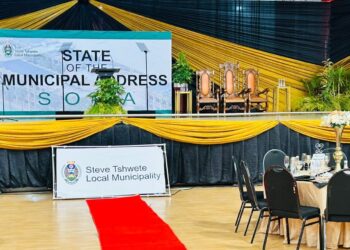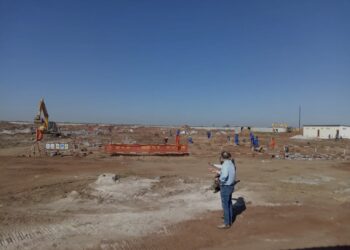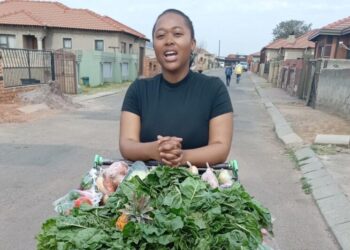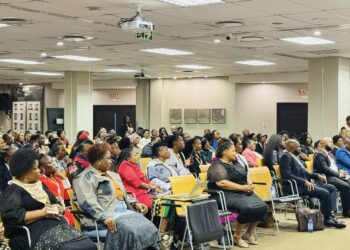President Cyril Ramaphosa’s move to increase social grants as temporary social relief measures amid the Covid-19 pandemic may not salvage the country’s ailing economy, the paper has learned.
Ramaphosa broadened smiles for many South Africans, especially those struggling to make ends meet, when he announced an extra R300 increase for child support grant in May and an additional R500 each month from June to October. He also put an extra R250 per month for the next six months for all other grants, plus a special Covid-19 social relief of distress grant of R350 a month for the next 6 months for the unemployed.
Political analyst and author of the book When Zuma Goes, Dr Ralph Mathekga said, “The lockdown means that the economy is not functioning normally. That puts pressure how long you can go with the lockdown. The reality is that the economy is depressed and people are depressed; they need something to live by injecting cash in their pockets. For me, it is the most practical thing to do,” Dr Mathekga said.
Professor of Political Science at the University of South Africa (UNISA), Dr Somadoda Fikeni told the Highveld Chronicle it would be ingenious to invest on infrustructure grant to stimulate the economy. “Social grant is not a productive sector,” Dr Fikeni argued.
“It is better when you inject such funds to stimulate the economy rather than injecting such funds and double them for social grant,” he said. “For a stimulus such as the infrastructure grant, you know you will create jobs, and it will help you grow the economy,” he said.
Although the Economic Freedom Fighters (EFF) has welcomed the increases, they reiterated their demand to make the social grants increases and the introduction of basic income for the unemployed permanent. “The old age grant must never be reduced and must instead be increased to R2800 per month. The child support grant must not be reduced but must be increased and left at R800 per month. The basic income grant must not be reversed and must instead be increased to R1000 per month,” party leader, Julius Malema, said during a virtual rally on Freedom day, 27 April.
However, Dr Fikeni said it may seem impractical to sustain the social grants after the Covid-19 span. “I don’t see it being sustained beyond that precisely because-even if ideologically the people wanted-the country has gone bankrupt in many ways so it has to work itself back. It can’t be seen to be increasing the bill on recurring basis,” he said.
























